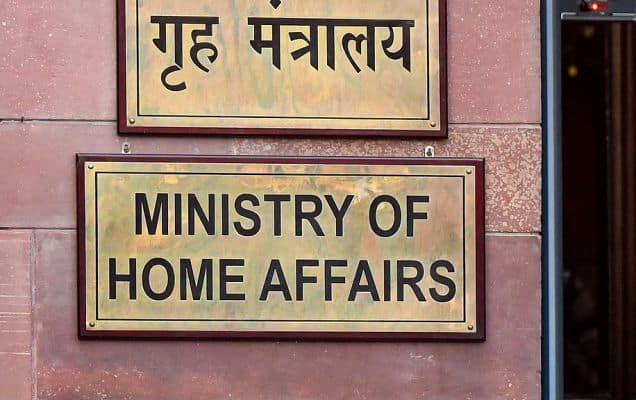The Prime Minister, Shri Narendra Modi, while inaugurating the first-ever driverless Metro operations today also launched the expansion of National Common Mobility Card to the Airport Express Line of Delhi Metro. The card was started in Ahmedabad last year. During the launch Shri Modi dwelled on a very critical aspect of his mantra of ‘minimum government and maximum governance’ i.e. integrations of systems and processes to strengthen the vision of ‘Ek Bharat, Shreshth Bharat’.
The Prime Minister said that providing the same standards and facilities for modernization is very important. The Common Mobility Card at the national level is a major step in this direction. This one card will give integrated access to the commuters wherever they travel, whichever public transport they take.
आज तमाम व्यवस्थाओं को एकीकृत करके देश की ताकत को बढ़ाया जा रहा है, एक भारत-श्रेष्ठ भारत को मजबूत किया जा रहा है।
— PMO India (@PMOIndia) December 28, 2020
वन नेशन, वन मोबिलिटी कार्ड की तरह ही बीते वर्षों में हमारी सरकार ने देश की व्यवस्थाओं का एकीकरण करने के लिए अनेक काम किए हैं: PM
Taking the example of the Common Mobility Card further, the Prime Minister dwelled on the process of consolidating all the systems and processes to improve ‘ease of living’. Through such consolidation of systems, the strength of the country is being harnessed in a more coordinated and efficient way. “Like One Nation, One Mobility Card, our government has done many things in the past years to integrate the systems of the country,” Shri Modi said.
आधुनिकीकरण के लिए एक ही तरह के मानक और सुविधाएं उपलब्ध कराना बहुत जरूरी है।
— PMO India (@PMOIndia) December 28, 2020
राष्ट्रीय स्तर पर कॉमन मोबिलिटी कार्ड इसी दिशा में एक बड़ा कदम है।
आप जहां कहीं से भी यात्रा करें, आप जिस भी public transport से यात्रा करें, ये एक कार्ड आपको integrated access देगा: PM
One Nation, One Fastag has made travel seamless on highways across the country. This has saved commuters from jam and delays. One Nation, One Tax i.e. GST has ended the complications in the tax system and has brought uniformity in indirect tax system. One Nation, One Power Grid, is ensuring adequate and continuous power availability in every part of the country. Power loss is reduced.
वन नेशन, वन Fastag से देशभर के हाइवे पर ट्रैवल सीमलेस हुआ है।
— PMO India (@PMOIndia) December 28, 2020
वन नेशन, वन टैक्स यानि GST से देशभर में टैक्स का जाल समाप्त हुआ है ।
वन नेशन, वन पावर ग्रिड, से देश के हर हिस्से में पर्याप्त और निरंतर बिजली की उपलब्धता सुनिश्चित हो रही है। बिजली का नुकसान कम हुआ है: PM
With One Nation, One Gas Grid, Seamless Gas Connectivity is being ensured of the parts where gas-based life and economy used to be a dream earlier. One Nation, One Health Insurance Scheme i.e. Ayushman Bharat through which millions of people from India are taking advantage anywhere in the country. Citizens moving from one place to another have got freedom from the trouble of making new ration cards through One Nation, One Ration Card, Similarly, the country is moving in the direction of One Nation, One Agriculture Market due to new agricultural reforms and arrangements like e-NAM.
वन नेशन, वन गैस ग्रिड से, उन हिस्सों की Seamless Gas Connectivity सुनिश्चित हो रही है, जहां गैस आधारित जीवन और अर्थव्यवस्था पहले सपना हुआ करता था।
— PMO India (@PMOIndia) December 28, 2020
वन नेशन, वन हेल्थ एश्योरेंस स्कीम यानि आयुष्मान भारत से देश के करोड़ों लोग पूरे देश में कहीं भी इसका लाभ ले रहे हैं: PM
वन नेशन, वन राशनकार्ड, से एक स्थान से दूसरे स्थान जाने वाले नागरिकों को नया राशनकार्ड बनाने के चक्करों से मुक्ति मिली है।
— PMO India (@PMOIndia) December 28, 2020
इसी तरह नए कृषि सुधारों और e-NAM जैसी व्यवस्थाओं से वन नेशन, वन एग्रीकल्चर मार्केट की दिशा में देश आगे बढ़ रहा है: PM













